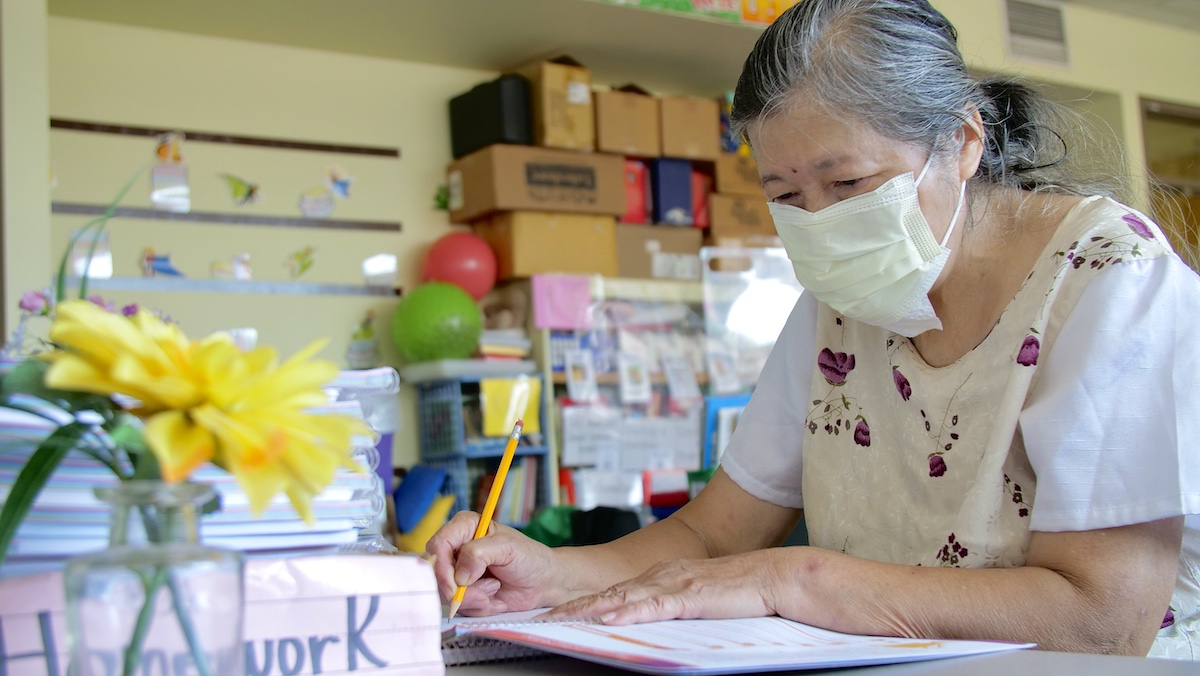Coming from China to the United States for the first time in 1998, her first stop was Chicago. A Chinese language teacher, Ms. Nancy Liang, in her early 50s, did not speak English, making her unable to integrate into the respective communities, not to mention striving to achieve self-reliance on this unfamiliar soil.
The language barrier constitutes a major obstacle that would stand in a way of finding a career and accessing needed services for newly arrived immigrants. Luckily, local non-profit organizations like the Chinese American Service League and the Chinese Consolidated Benevolent Association were able to bridge this gap.
Nancy received ardent support from these organizations. “Before I was able to find a job, I was proactively engaged in various community events. I wanted to spend that time learning as much as possible. All events were free-of-charge, which offered a great platform for the fresh off the boats. I could not imagine how hard our early days in the States could be without their help,” she said.
“Among these various services provided by the local non-profits, employment services supported me the most. The connections I made while leading a National Senior Citizen Day event landed me a goal-matching job as a Chinese language teacher at a neighborhood non-profit organization”, Nancy recounted. Unlike other immigrants from her hometown who work in blue-collar jobs with long hours, Nancy is more educated, with thirty years of experience in teaching. “I worked there for ten years, educating Chinese-American children about the Chinese language and culture, before retiring.”
After retirement, Nancy continued her lifelong journey in the education field. She started volunteering at the local elementary school where her grandchild went. She volunteers as a teaching assistant who helps make lesson plans, checks students’ homework, takes care of young scholars, and assists in after-school and extra-curricular activities. To Nancy, education means more than just gaining knowledge, but rather learning to contribute to society and the needy, and develop community service as a habit. “I am always delighted to see my students grow and have formed their own families, and still remember me after all these years,” she said while showing us photos of her students and their families.
“One thing we noticed in Chinatown is that there are not many younger generations who would like to volunteer their time and contribute to the community. ‘Why is that?’ we asked. Sometimes it is not because they do not want to make contributions, it is rather because they do not have that time to spare. Volunteering work is a luxury for families that have a hard time making their ends meet, especially in this immigrant community. Paid work is of utmost importance for folks in their prime time,” Nancy said. “I truly believe what they say ‘what goes around comes around,’ my family and I benefited so much from Chinatown, this belief keeps on motivating me to give back to the community while I have time and energy, and I always tell my kids to do the same.”
Ordinary citizens like Nancy receive little recognition but make great contributions to future generations of immigrants. Nancy is now a hunched senior citizen in her seventies, her physical strength and health are no longer as good as in the old days. However, to the best of her ability, she will continue her work for the community that had supported her family the most in their first days in the United States, to help senior neighbors in the building where she lives to access social service and educate our youth on the importance of serving the community. One of her greatest anticipations for Chicago Chinatown is to have a neighborhood high school that offers bilingual education. Hopefully, Nancy’s dream will soon become a reality. Just like the Chinese saying goes, they who live the longest see the most “家有一老,如有一寶.” Elderly heroes are treasures to our communities, as they offer useful advice that benefits and influences younger generations.

